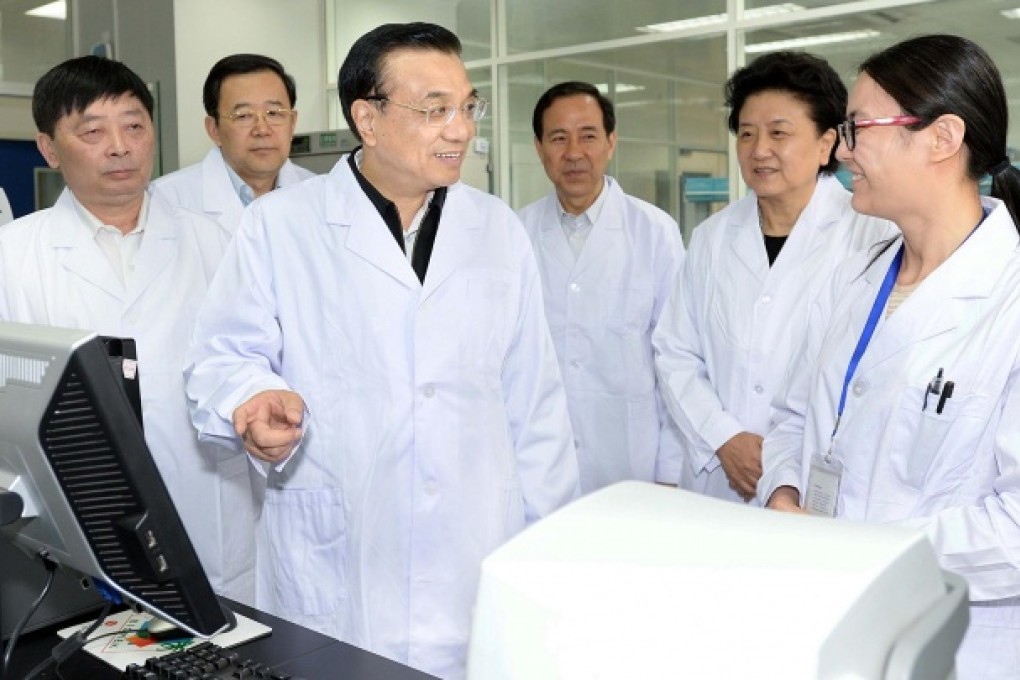Media reports of premier's visit to Sichuan quake zone show propaganda grip
Scope of coverage of premier's efforts in Sichuan signals new leadership's grasp of propaganda

The People's Daily published a lengthy feature online yesterday detailing how Premier Li Keqiang took command of rescue operations for the Sichuan earthquake , over the past 10 days, and analysts said it appeared to be part of a well-planned propaganda push to cast the nation's new leadership in a positive light.
The article came after Xinhua and other official news outlets had run features and commentaries lauding the new leaders' "resolve and capabilities" in dealing with both the quake and the H7N9 bird flu outbreak.
The leadership understand how public opinion can help or hurt their image
New leaders, according to analysts, are using the two high-profile events to trumpet their talents and abilities in managing crises, at a time when public trust in the government appears to be dwindling. They added that the leadership is becoming more adept at managing public relations and has improved its delivery style. For example, Li has been portrayed on state television not only as a man of action in the quake zone, but also as a caring politician who donned a white medical coat during a recent visit to the China Centre for Disease Control and Prevention as bird flu cases increased.
In yesterday's feature, of more than 6,000 words, the People's Daily portrayed Li as working around the clock and even attempting to take part in the rescue efforts himself. Immediately after the earthquake, Li ordered a command centre to be set up in a conference room in Beijing's Zhongnanhai - the Communist Party's headquarters - it said, and he reportedly arrived at the dangerous epicentre via a cargo helicopter within eight hours of the 7.0-magnitude quake.
He also reportedly climbed over debris and rubble to help search for survivors.
"At a collapsed building, [Li] shouted; 'Is anyone under there' five times to make sure no one was buried, before he left," the article said. It also cited a reporter as saying that he saw Li working by flashlight in a tent at 2am, when there was no electricity, and start working again four hours later after having a bowl of porridge with some salted vegetables. Li, 57, left Lushan that afternoon.
The publicity push appears to have had a positive impact on the new leadership's image to date.